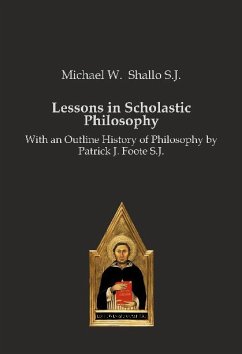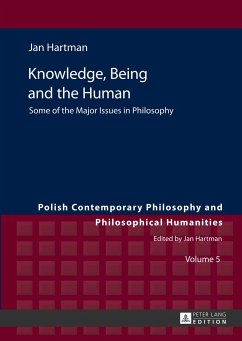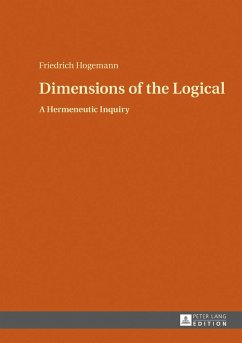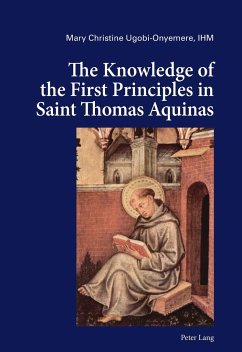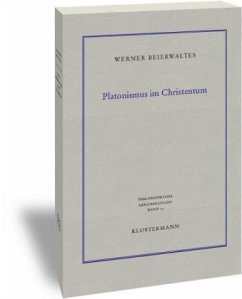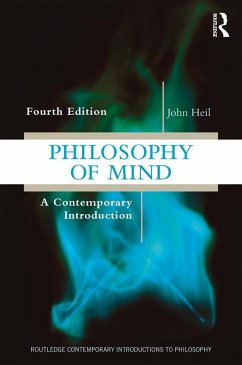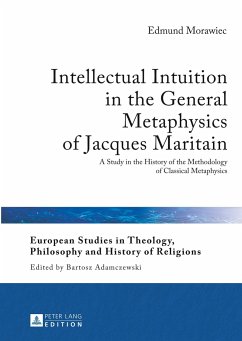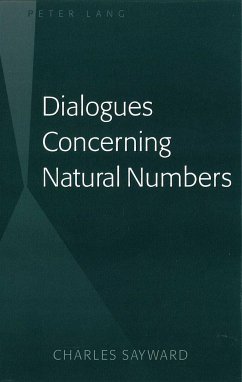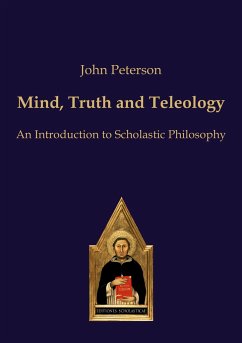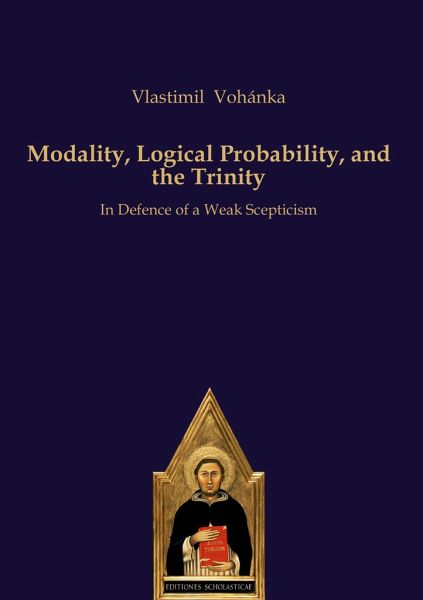
Modality, Logical Probability, and the Trinity
In Defence of a Weak Scepticism
Versandkostenfrei!
Versandfertig in 1-2 Wochen
98,00 €
inkl. MwSt.

PAYBACK Punkte
0 °P sammeln!
This book in the epistemology of religion discusses a wide spectrum of sources in analytic, scholastic and apologetic philosophy and theology in order to argue non-deductively for the following thesis: Apart from religious experience, it cannot be evident (in a defined sense of psychological impossibility) that the Trinity doctrine is logically possible. Hence, this conclusion is drawn deductively: Apart from religious experience, it cannot be evident that Christianity or the Trinity doctrine have non-minimal logical probability. As the author points out, however, they still may be justified, ...
This book in the epistemology of religion discusses a wide spectrum of sources in analytic, scholastic and apologetic philosophy and theology in order to argue non-deductively for the following thesis: Apart from religious experience, it cannot be evident (in a defined sense of psychological impossibility) that the Trinity doctrine is logically possible. Hence, this conclusion is drawn deductively: Apart from religious experience, it cannot be evident that Christianity or the Trinity doctrine have non-minimal logical probability. As the author points out, however, they still may be justified, well-argued, plausibly logically probable, and probable in other than the logical sense. The book will be of interest to philosophers of religion, analytic theologians, and researchers in analytic scholasticism.



